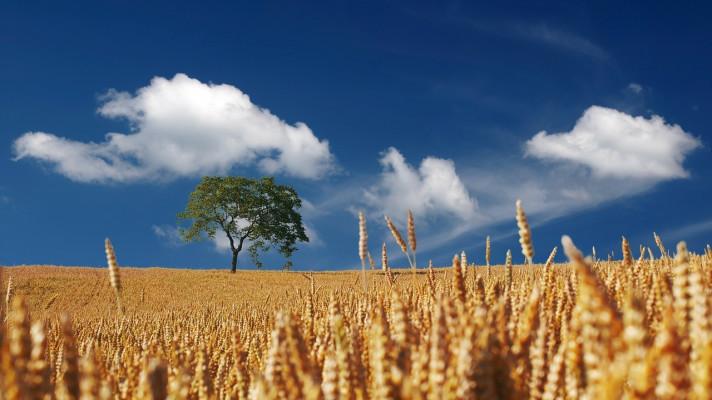TALKS BEGIN ON CARCINOGENIC METAL IN CHEMICAL FERTILISERS
High-level talks on new EU fertiliser rules begin today - and how to tackle cadmium - a toxic carcinogen present in many chemical fertilisers - is at the top of the agenda.
While reducing cadmium pollution from other sectors in the EU has been largely successful, farming remains the last major bastion of cadmium exposure, with waterways and soil bearing the brunt of cadmium pollution. When the heavy metal makes its way into the crops that grow food and animal feed it can impact human health. As well as cancer, cadmium is linked to osteoporosis, kidney failure and heart disease.
Negotiators from the European Parliament and the European Commission - who want to limit cadmium levels in fertilisers sold in Europe to 20mg/kg - will face off with Bulgarian diplomats representing EU governments set to defend a higher limit of 60mg/kg.
On 24 October 2017 the European Parliament voted to limit the amount of cadmium sold in fertiliser products across Europe. MEPs voted to support the Commission proposal to reduce cadmium levels in fertilisers to 20mg/kg.
EU governments however agreed to push for laxer limits on cadmium in fertilisers. But the agreement was the result of fraught compromise as there remains stark divisions between EU countries' positions on the issue.
Politico Europe reports that France has expressed its support for the Commission and Parliament's more ambitious position on lowering cadmium levels. Other countries that reportedly want more ambition on cadmium levels are Finland, Sweden, Hungary, Luxembourg, Slovenia, Denmark, Latvia, Malta, the Czech Republic, Estonia and Croatia.
In a letter sent yesterday, environmental campaigners at the European Environmental Bureau (EEB) called on MEPs to stand firm in the negotiations and defend the 20mg/kg limit.
The letter, co-signed by the NGOs Compassion in World Farming (CiWF), Slow Food, BirdLife Europe, Greenpeace, and Health and Environment Alliance (HEAL), highlights that a 20mg/kg limit on cadmium in fertiliser products sold in the EU is the bare minimum required to protect our health and environment.
Faustine Bas-Defossez, EEB Policy Manager for Agriculture and Bioenergy, said:
"Cadmium is a dangerous carcinogen that is also linked to cancer, osteoporosis, kidney failure, heart disease, and fertility problems. Not to mention the danger it poses to our environment as it pollutes waterways and soil. As MEPs enter negotiations on new EU fertiliser rules it is vital that they defend a 20mg/kg limit on cadmium in fertilisers sold in Europe. Given that EU countries only want a 60mg/kg limit, we are counting on MEPs to defend citizens' health and nature."
